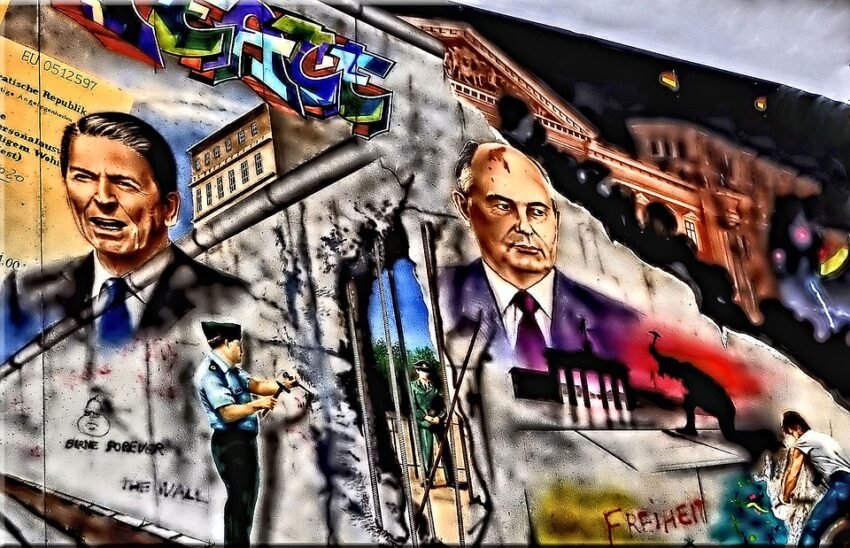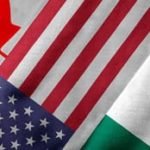Former Soviet leader Mikhail Gorbakov has died at 91. The former Soviet leader was born in a small village in Stavropol territory, in the south of Russia. After leaving power in 1991, he concentrated on his foundation, the Gorbachev Foundation. He also lost his wife, Raisa, to leukemia in 1999.
Mikhail Gorbachev’s policy of ‘glasnost’ enabled criticism of the party and the state
In the 1980s, the Soviet Union was in the midst of a period of political and economic reform. The reform, called Perestroika, was the brainchild of Mikhail Gorbachev. The socialist leader reformed the Soviet Union’s political and economic systems to encourage greater openness and transparency. In order to achieve this, he floated various constitutional reforms and introduced a new national parliament. This new body empowered citizens to directly elect their own representatives.
During this period, the Soviet Union embraced the principle of “glasnost” (which means openness) as a means to improve the country’s institutions. It allowed media exposure and public criticism, while also reducing censorship. It also provided a platform for Western cultural information to reach Soviet citizens.
It paved the way for a reduction in nuclear arms with the United States
Gorbachev’s policies led to the end of the Cold War, which brought about a renewed interest in arms control and bilateral relations. In December 1987, U.S. President Ronald Reagan and Soviet General Secretary Mikhail Gorbachev signed the Strategic Arms Reduction Treaty, which required each nation to cut its nuclear arsenal by one-third.
This treaty aimed to reduce nuclear arsenals in three stages. The first stage focuses on reducing the number of strategic and intermediate-range nuclear weapons. The second stage focuses on short-range and tactical weapons. Both countries made a commitment to eliminating all nuclear weapons by the end of the century.
A powerful legacy of change
Former Soviet leader Mikhail Gorbakov has died at the age of 91. He was praised by many for bringing about reforms in the Soviet Union but was vilified by many at home for failing to bring about economic changes. Gorbachev was so unpopular that some questioned his qualifications as president of the country. His 1996 presidential bid was a flop, polling less than 1%. A tense period followed with rumors that he was resigning because of threats from the Communist Party.
Born in rural Russia, Mikhail Gorbachev’s early life was marred by poverty. His parents were peasants, who were forced to collect their land. He was raised in a village in the southern part of Russia. His childhood was filled with upheavals, including World War II and collectivization.
It changed the course of history
Mikhail Gorbachev, the last General Secretary of the Soviet Union, was a socialist thinker and a champion of human dignity, and even democracy. He had read almost all the books by D.H. Lawrence and was a fan of Tom Stoppard. After he stepped down from his position, he spent his time reading. He also enjoyed watching movies and going to see plays. One of his favorite films was “A Clockwork Orange.”
Gorbachev changed the history of the Soviet Union in several ways. First of all, it made the transition of power from the CPSU to a democratically elected body more rapid and smooth. The Soviet Union’s monopoly on political power was abolished, and other political parties were legalized. Of course, all of that is very vulnerable under Putin, but Gorbachev made a tremendous difference at the time. His impact may have been the most significant of any world leader in the second half of the 20th Century.








